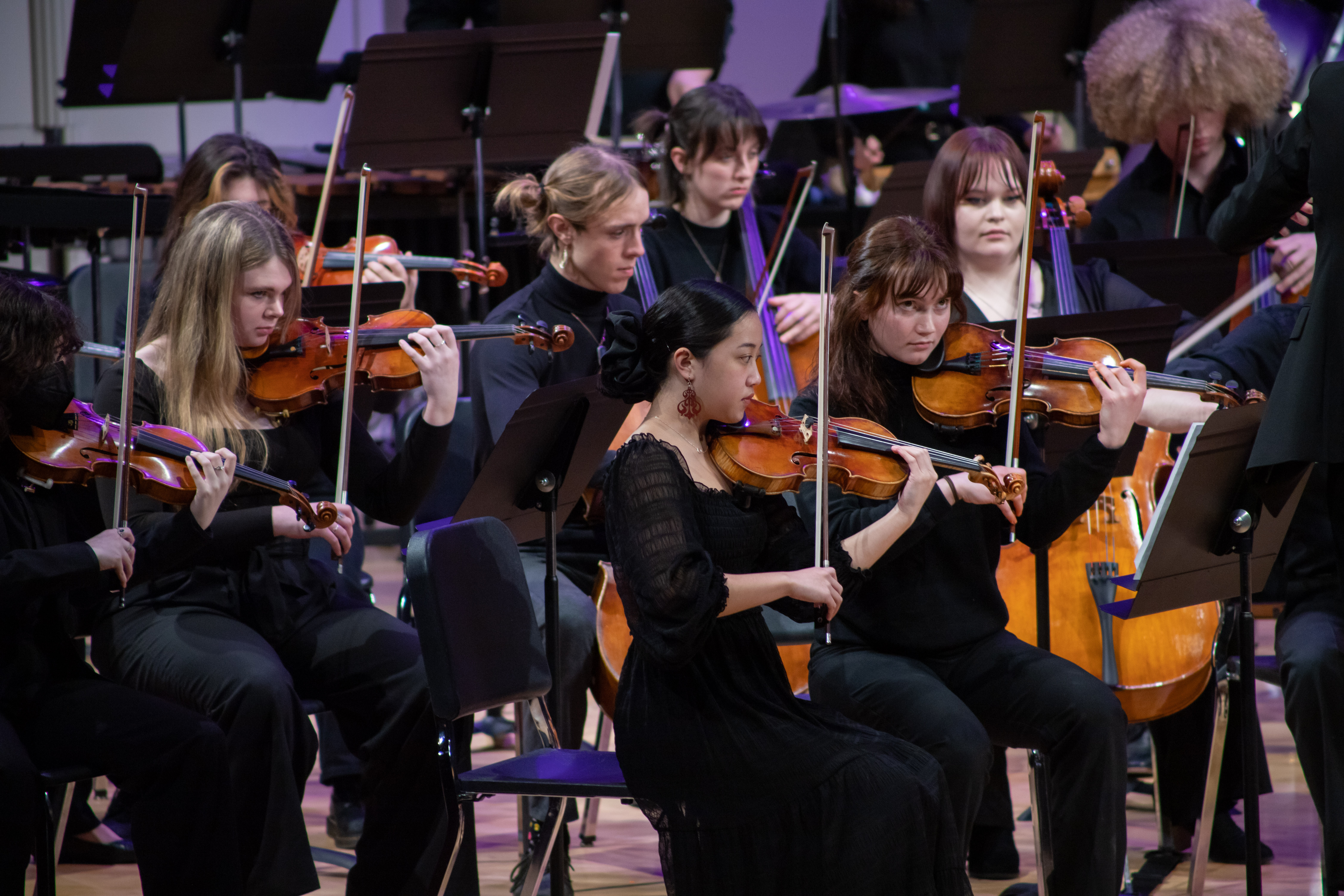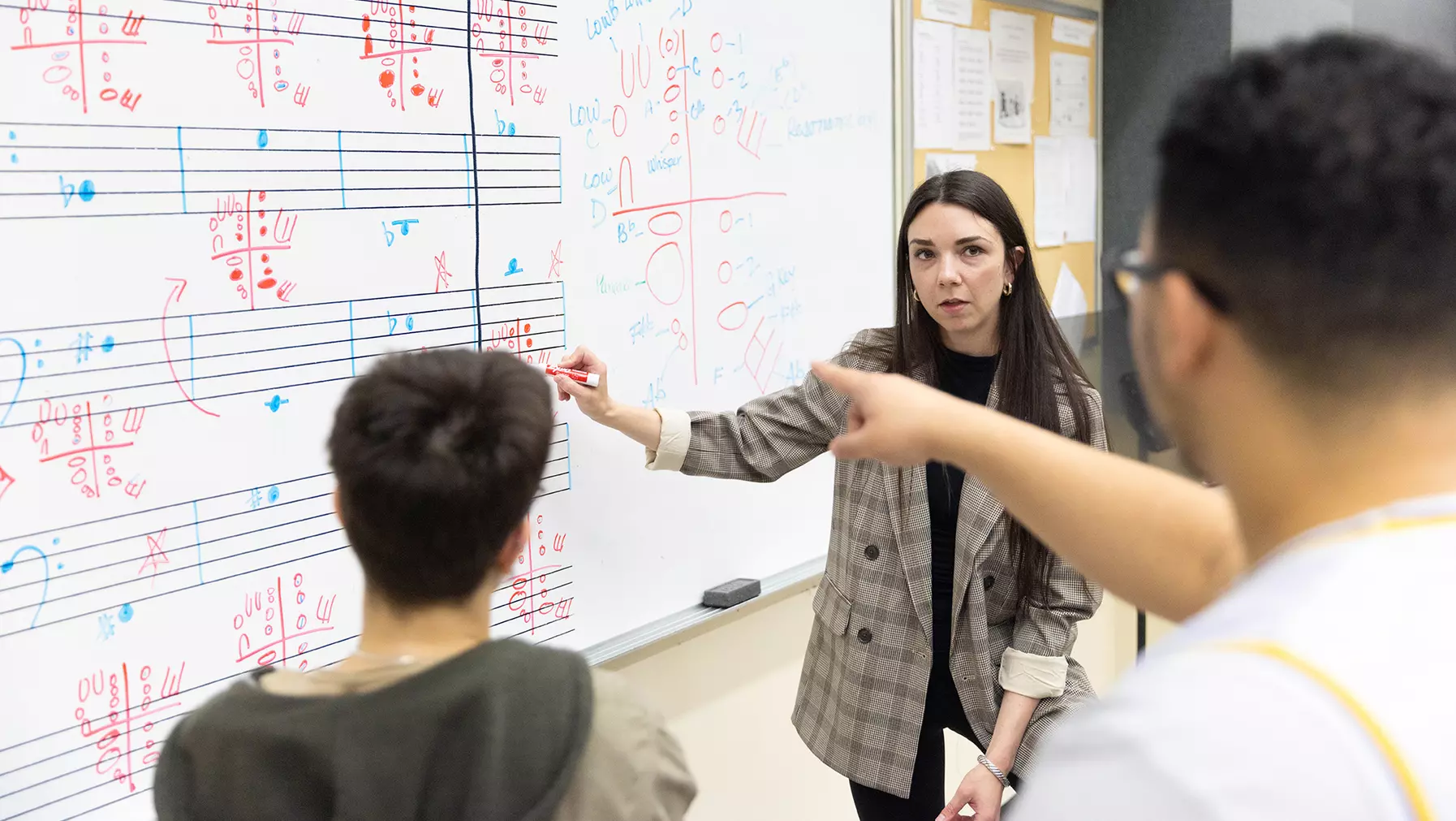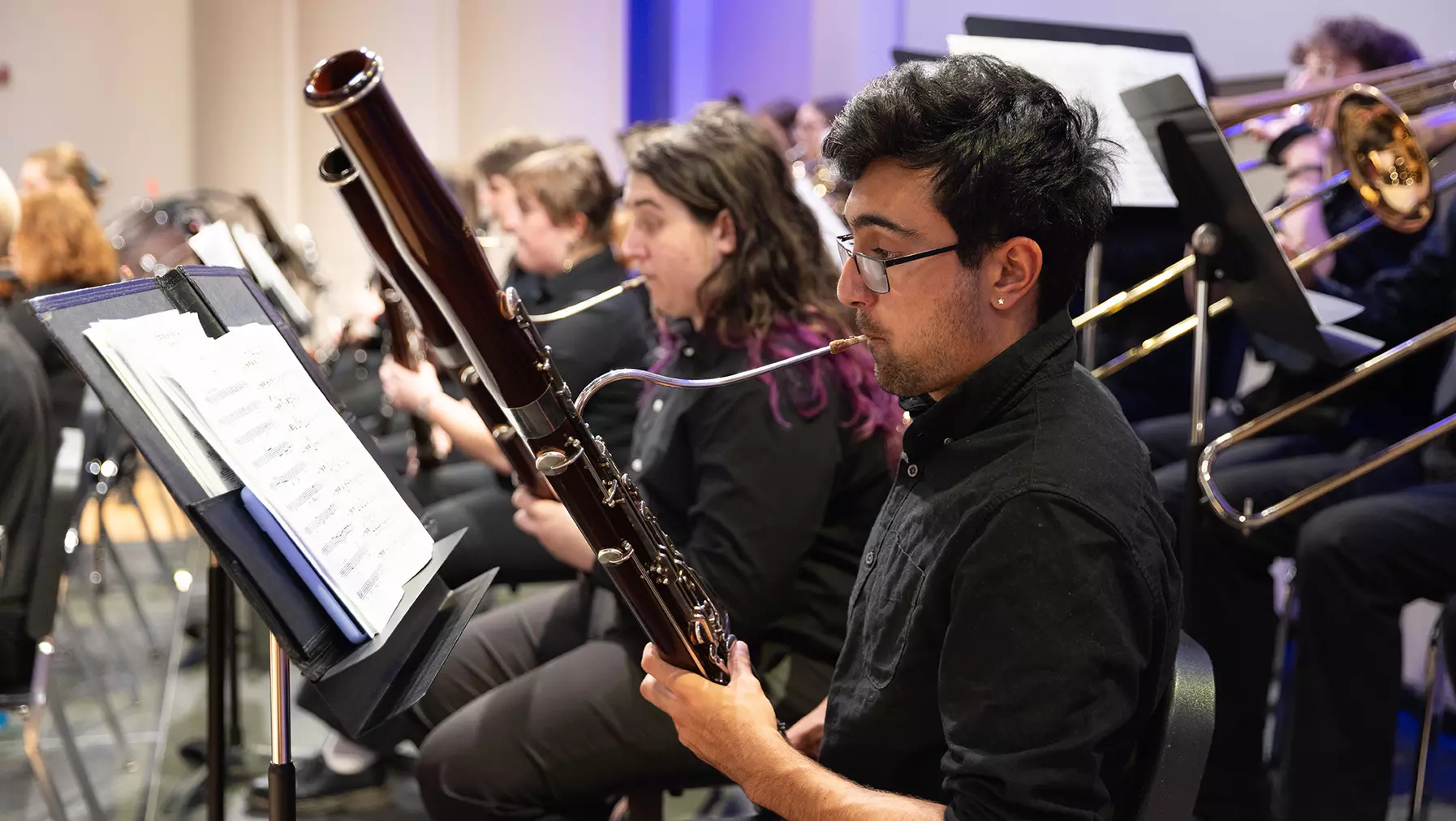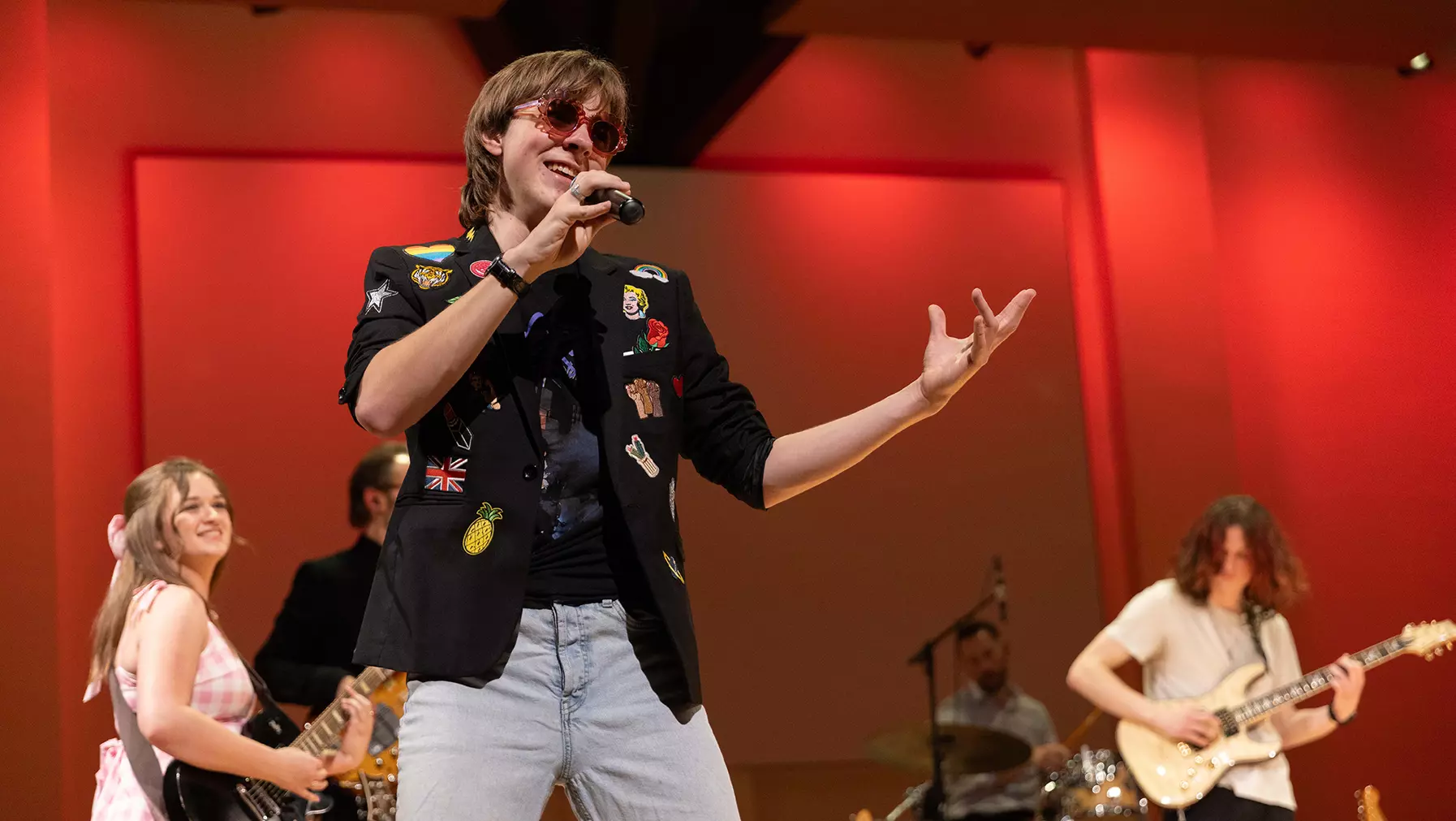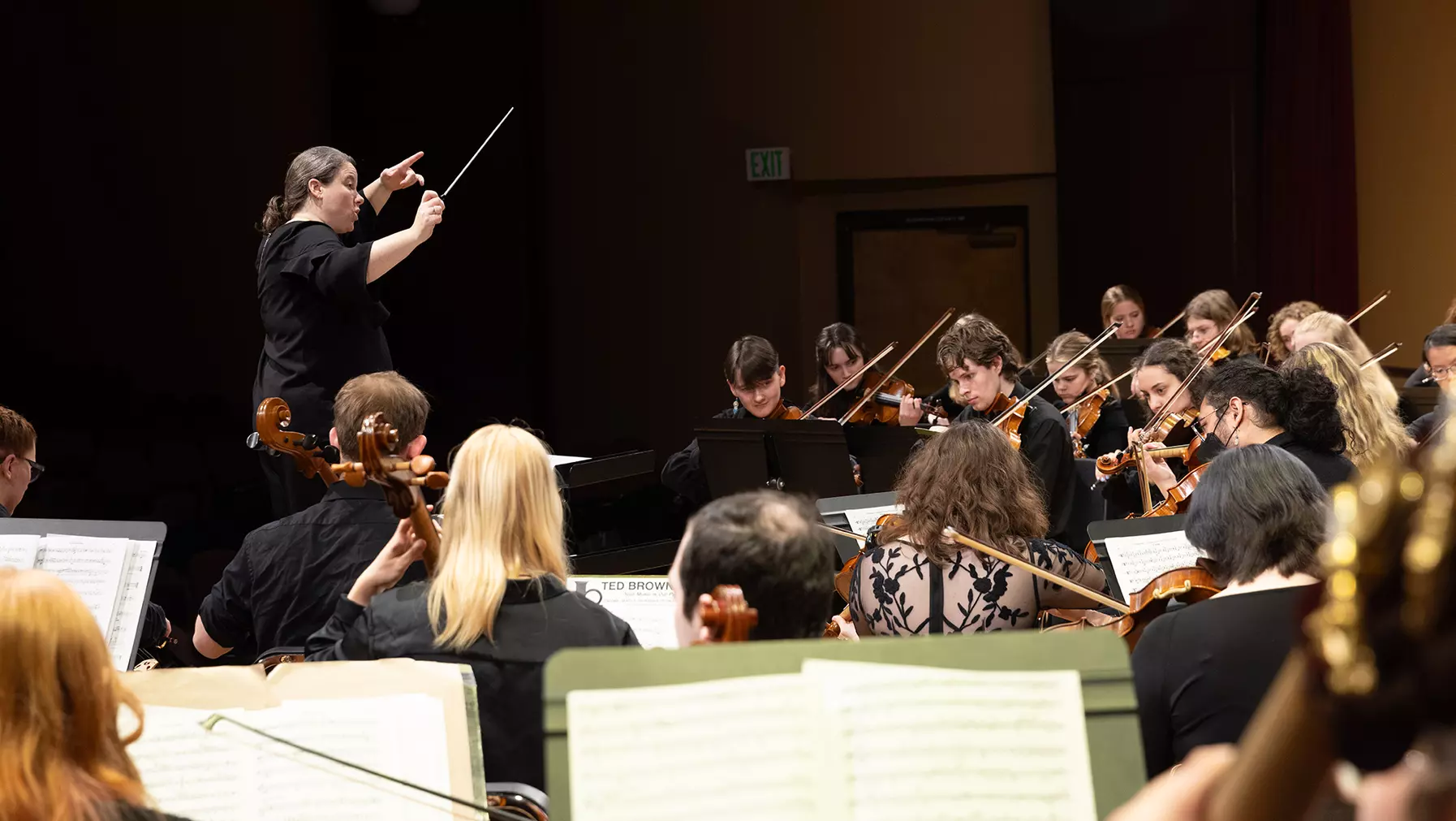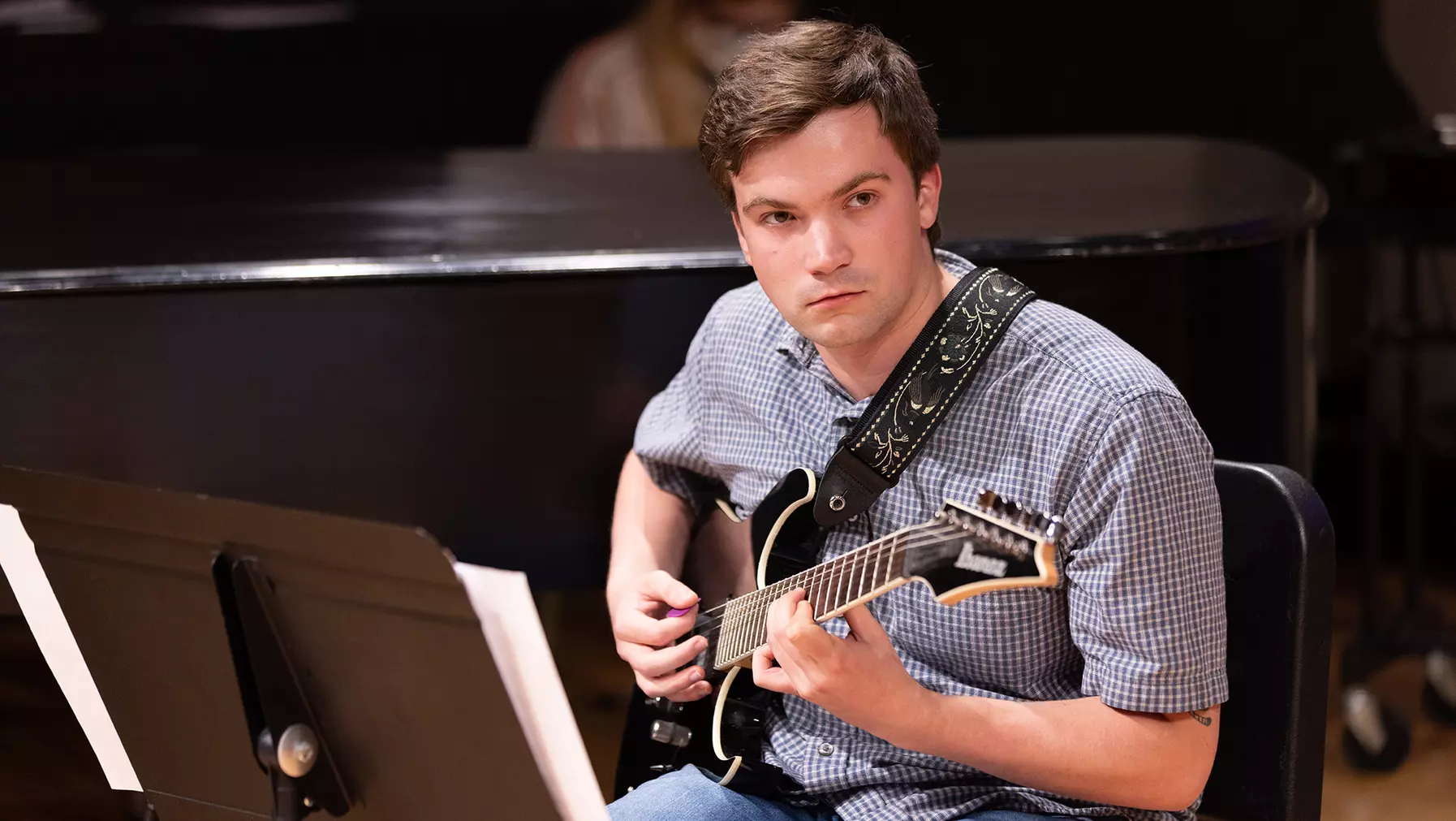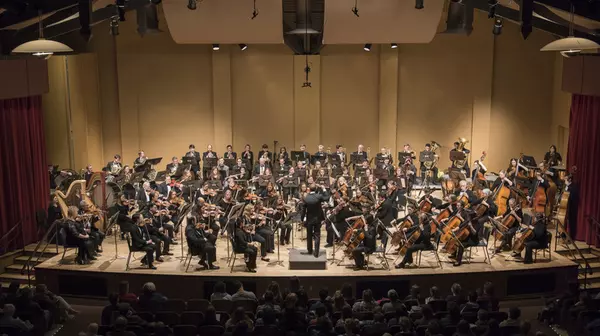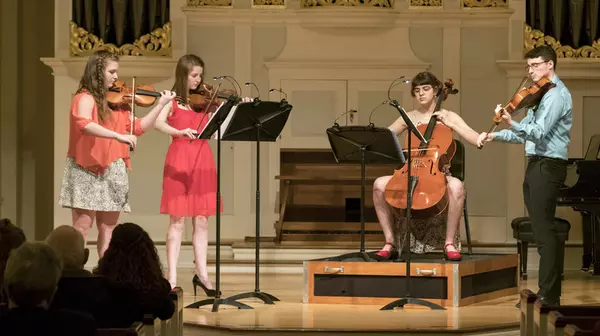Join us for music lessons! All community music courses are open to the public. No academic credit is offered for lessons and classes.
The School of Music produces a wide variety of events featuring faculty, students, ensembles, chamber groups, and guest artists. Visit the university event calendar for details.
For those unable to attend in person, we are pleased to offer a live stream service for many of our music events.
Program Description
The School of Music at University of Puget Sound, situated within a nationally recognized liberal arts university, prepares students to be broad-minded, creative, arts-aware social leaders. We attract highly engaged student musicians and empower them to create the diverse musical offerings and effective educational programs of the future. From the classroom to the concert hall, we cultivate students’ self-expression, cultural competency, and critical engagement. Through a wide variety of public offerings and a vibrant Community Music program, the School of Music enriches the cultural life of both the Puget Sound campus and surrounding communities.
Who You Could Be
- Music teacher, professor
- Singer-songwriter
- Member of a professional ensemble or solo performer
- Band, orchestra, or choir director
- Opera or musical theater artist
- Executive director of a performing arts organization

"One of the main reasons I chose UPS was because of the music community, and I’m so glad that I did. The friendships I have found here have been perhaps even more important to me than the wonderful music we’ve made."

"At Puget Sound, I have the opportunities to make music in so many capacities at a high level; you can't get that diverse and insightful musical experience anywhere else."
This course will introduce students to methods and issues in the discipline of ethnomusicology, wherein music is studied among its complex intersections with daily life. The course introduces pathways for studying music ethnographically, rendering transparent how music can be explored as culture. Students will approach the study of ethnomusicology through a variety of world music case studies, and will have the opportunity to conduct their own ethnographic fieldwork.
This course provides students with knowledge of and hands-on practice with the basics of working in a recording studio, including acquiring knowledge of studio set up and the essentials of recording music digitally.
An introduction to jazz theory and improvisation through the study of selected compositions with emphasis on musical analysis, transcription, and performance. Laboratory required.
A study of the singing voice. This includes the structures, mechanics, and acoustics involved in the production of a sung tone, as well as practical methods for developing the voice and correcting vocal faults.
Variable credit up to 1.00 unit. Advanced study of choral conducting techniques, emphasizing strategies for choral pedagogy, vocal warm-ups, advanced meters, and recitative. Class time is spent in lecture, discussion, demonstration, and skill refinement. Students conduct an ensemble consisting of class members during regular videotaped conducting labs, with formal and informal evaluation given by the instructor.
A study and practice of general music curriculum and instruction in elementary and middle schools. Students develop teaching goals, strategies, and lessons for singing, playing instruments, listening, composing, improvising, music reading, analyzing, and creative movement. Practicum teaching and observing within elementary school music programs is included throughout the semester.
Experiential Learning
Students gain experience in a number of ways:
- Cara Castaldi '25, summer research grant, "Japonisme in 19th and 20th Century French Impressionist Art: Debussy, Van Gogh, and Mallarmé"
- Grace Playstead ’24, summer research grant, "African-American Concert Singers Before and After the Nazi Racial State"
- Liana Greger ’24, summer research grant, "A Historical Analysis of Student Experience in the Puget Sound Vocal Performance Program in the 1990s"
- Alexander Westervelt ’25, summer research grant, "A critical examination of how artistically transformative experiences are created"
- Helen Woodruff '20 interned at Stanford Jazz Workshop
- Perform with faculty on professional concerts like Collage and in various ensemble groups and competitions
- Perform with student groups like Curtain Call (musical theater) or Underground Sound (a capella)
After Puget Sound
A sampling of things our alumni are doing:
- Metropolitan Opera (performer)
- Rutgers University (composition professor)
- Pittsburgh Symphony (principal trumpet)
- Detroit Symphony (violist)
- Co-Cathedral of the Sacred Heart, Houston (assistant choir director)
- Portland Symphonic Choir (executive director)
- Sitka Fine Arts Camp (operations director)
- Walla Walla Chamber Music Festival (production manager)
- Ledbetter Entertainment (owner)
- Caramoor Center for Music and the Arts (chief executive)
- Tuscaloosa City Schools (elementary music specialist)
- San Francisco Symphony (vocal soloist)
- Rice University (graduate school)
- Manhattan School of Music (graduate school)
- University of Michigan (graduate school)
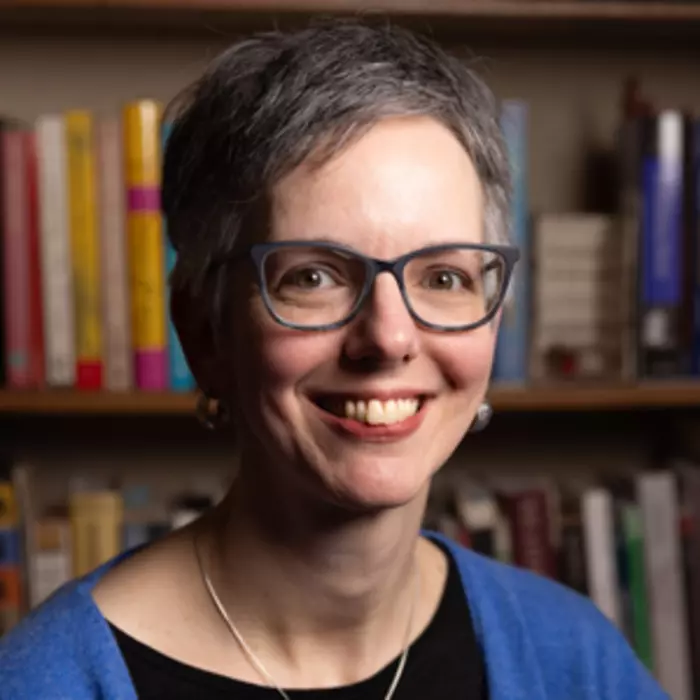


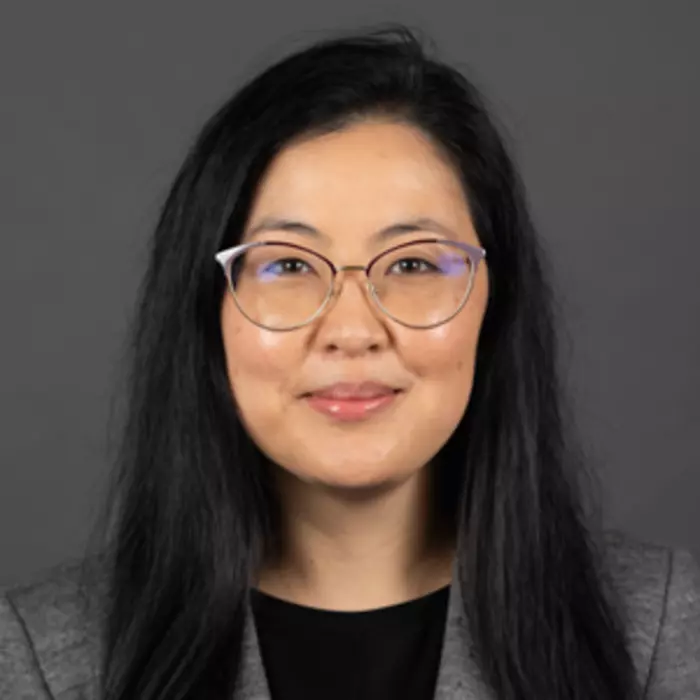

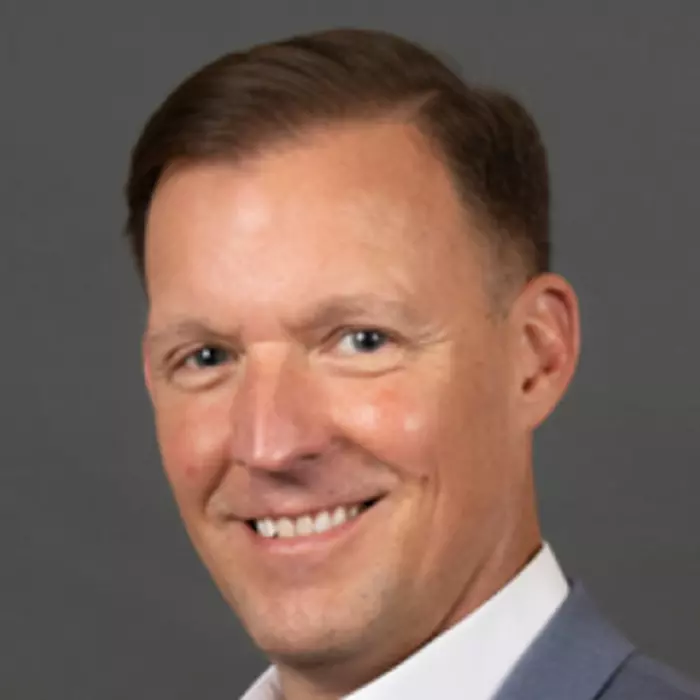
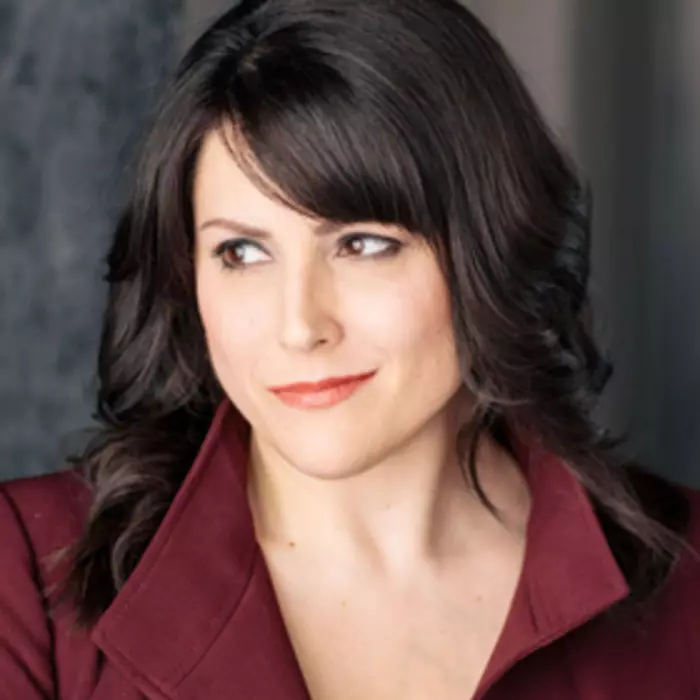
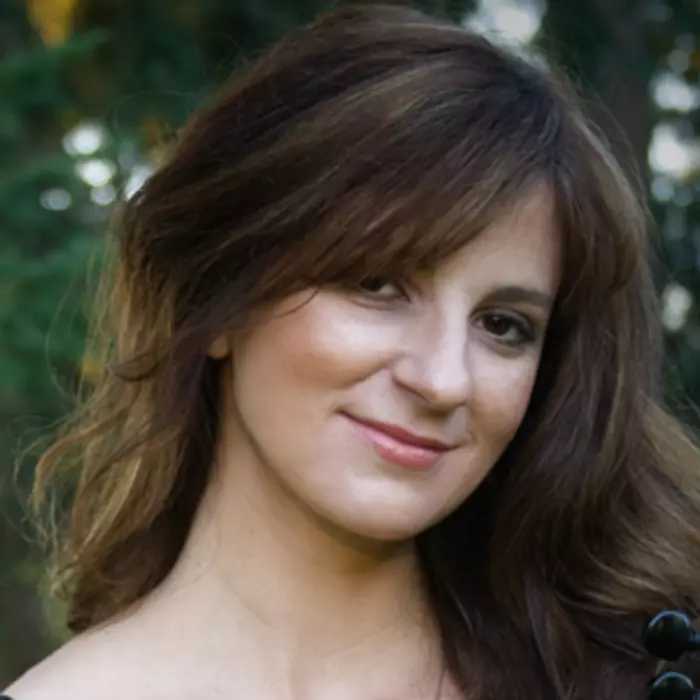
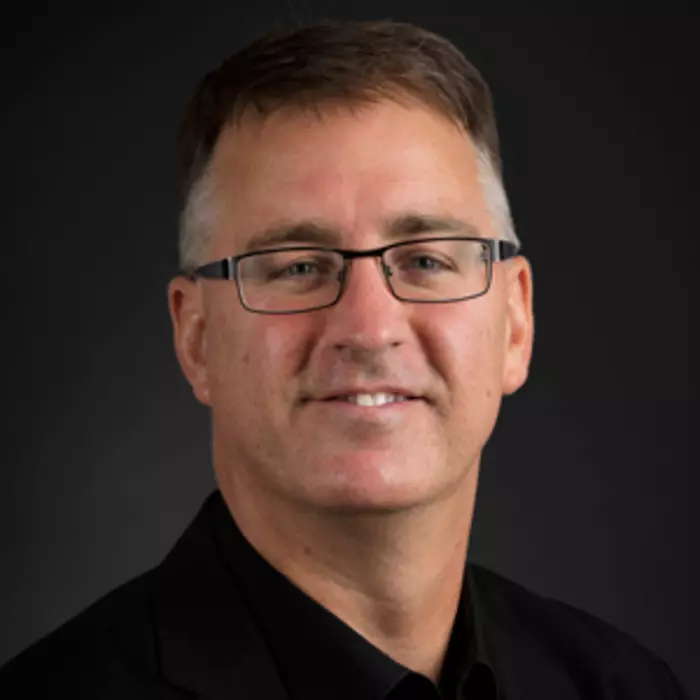
Facilities
Schneebeck Concert Hall seats 500 and is the venue for more than 100 student and faculty recitals, guest lectures, and concerts each year.
Housing the Bethel Schneebeck pipe organ, the chapel hosts a variety of campus events including vocal and instrumental concerts.

The School of Music has a small recording studio that students can use to practice their recording skills.
